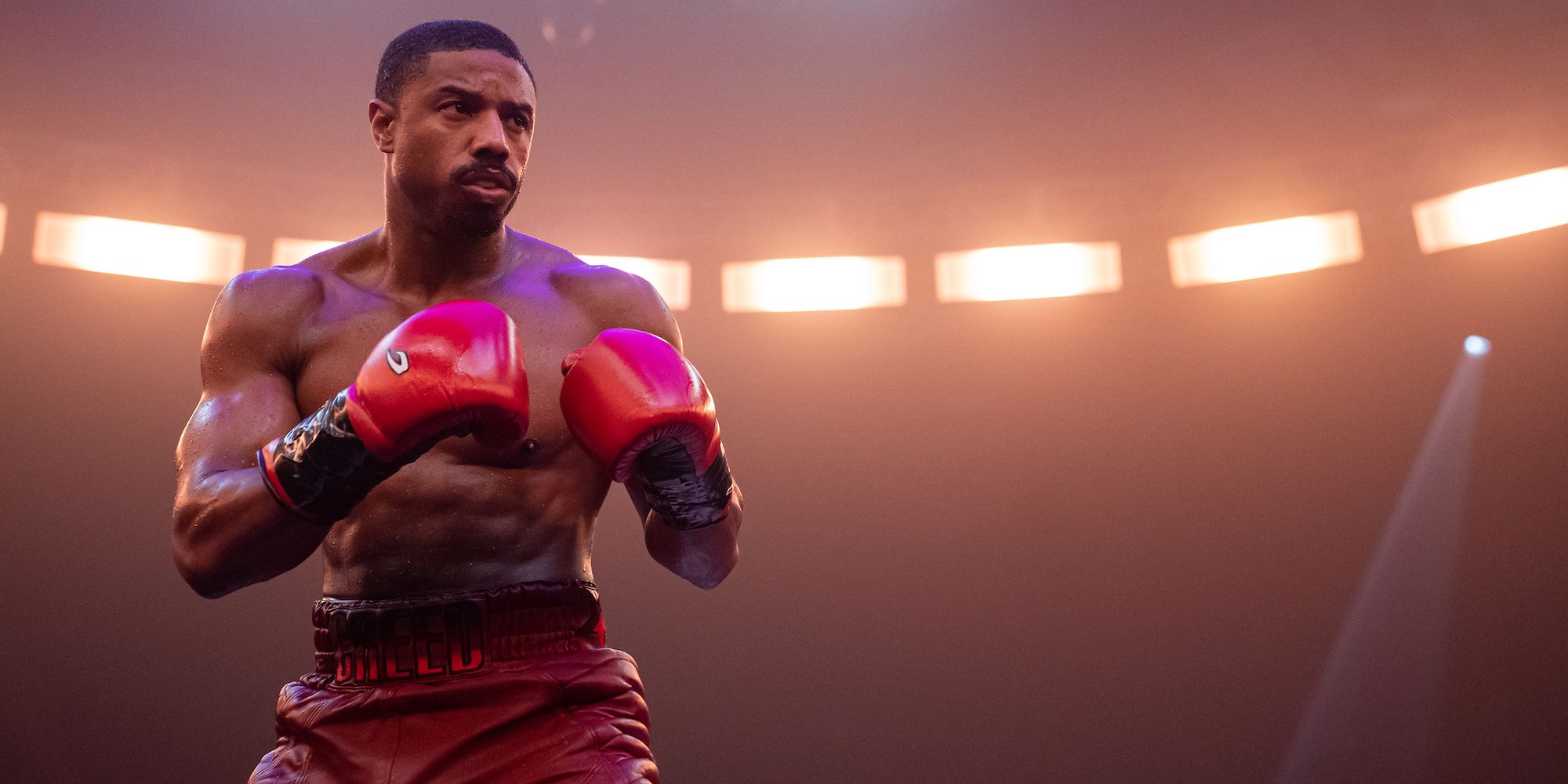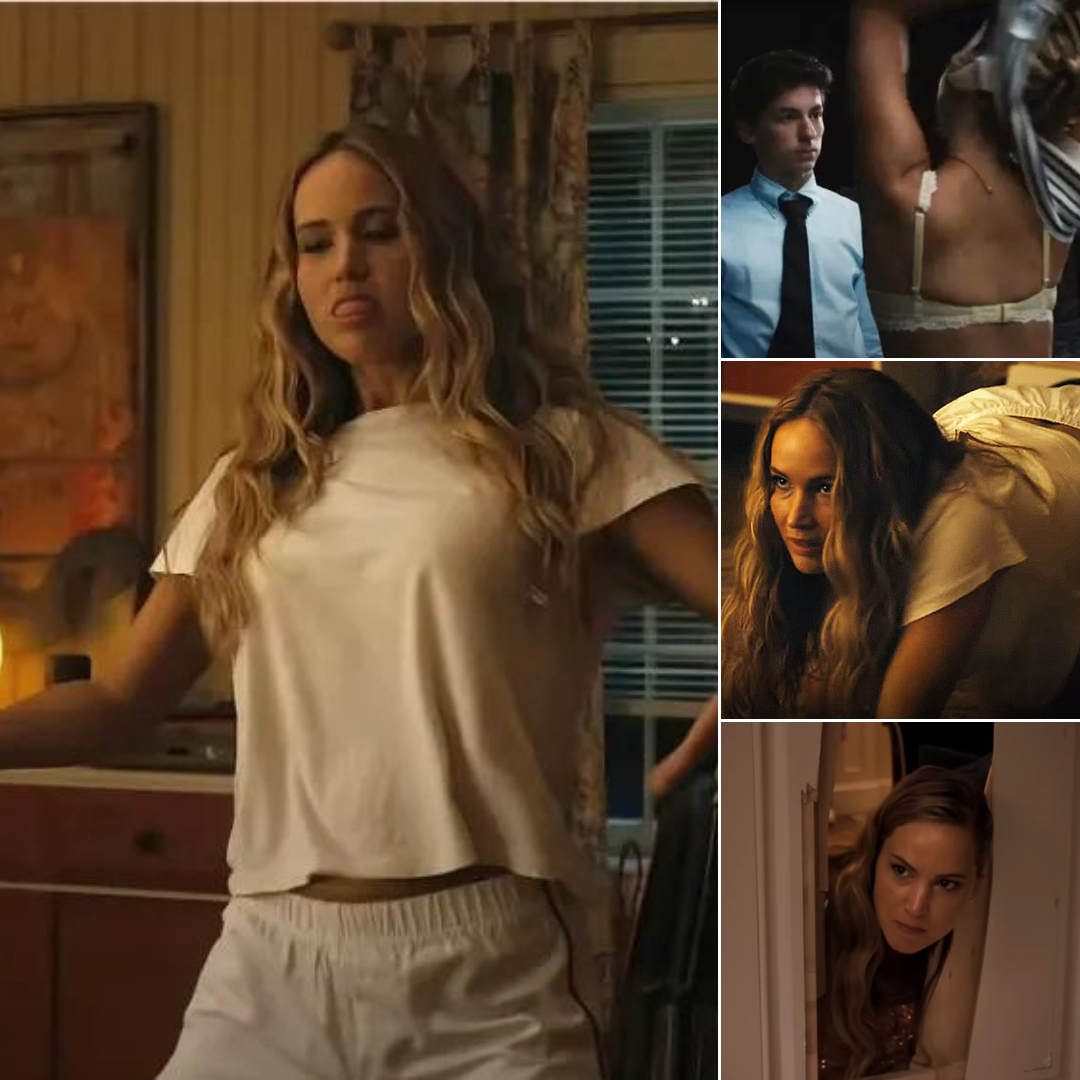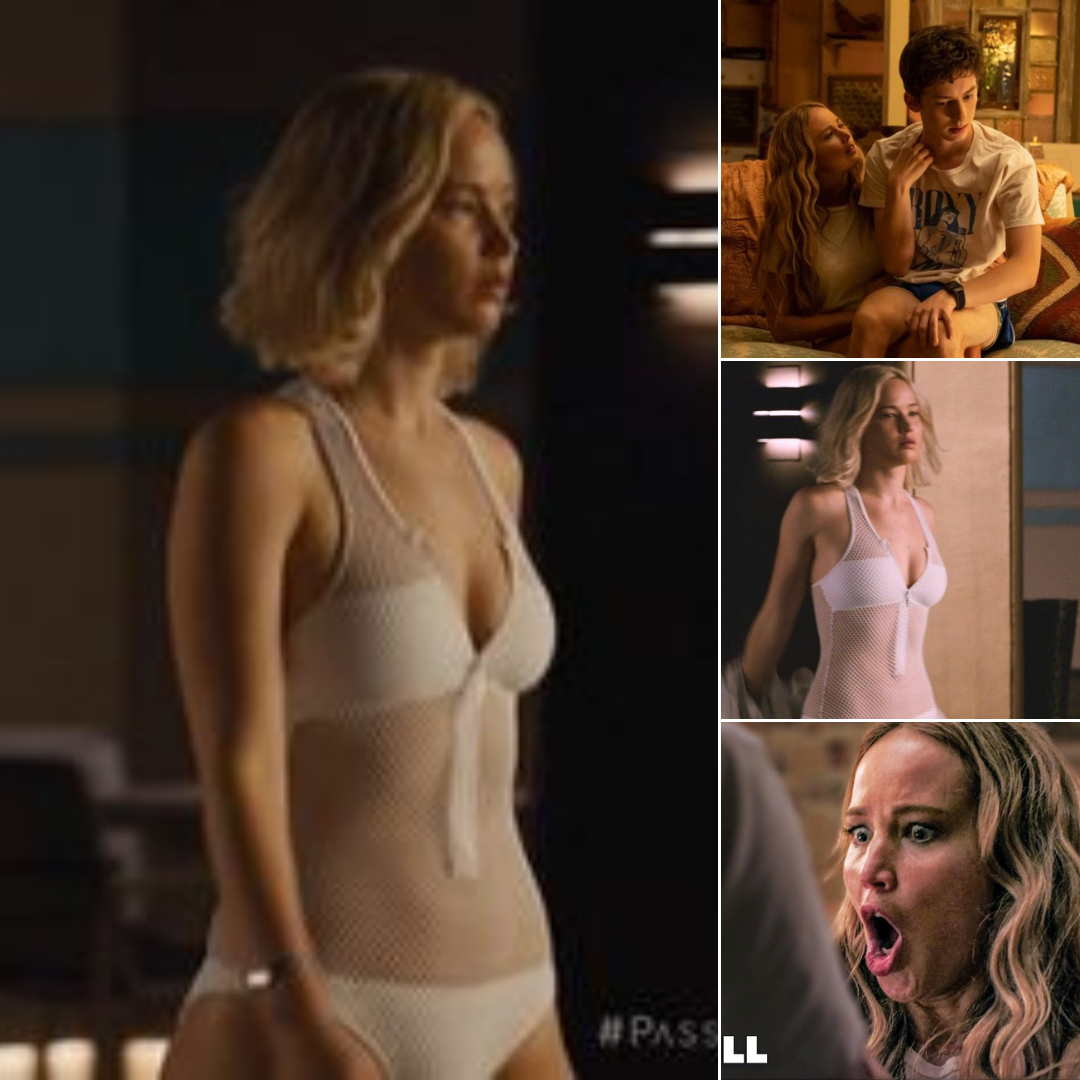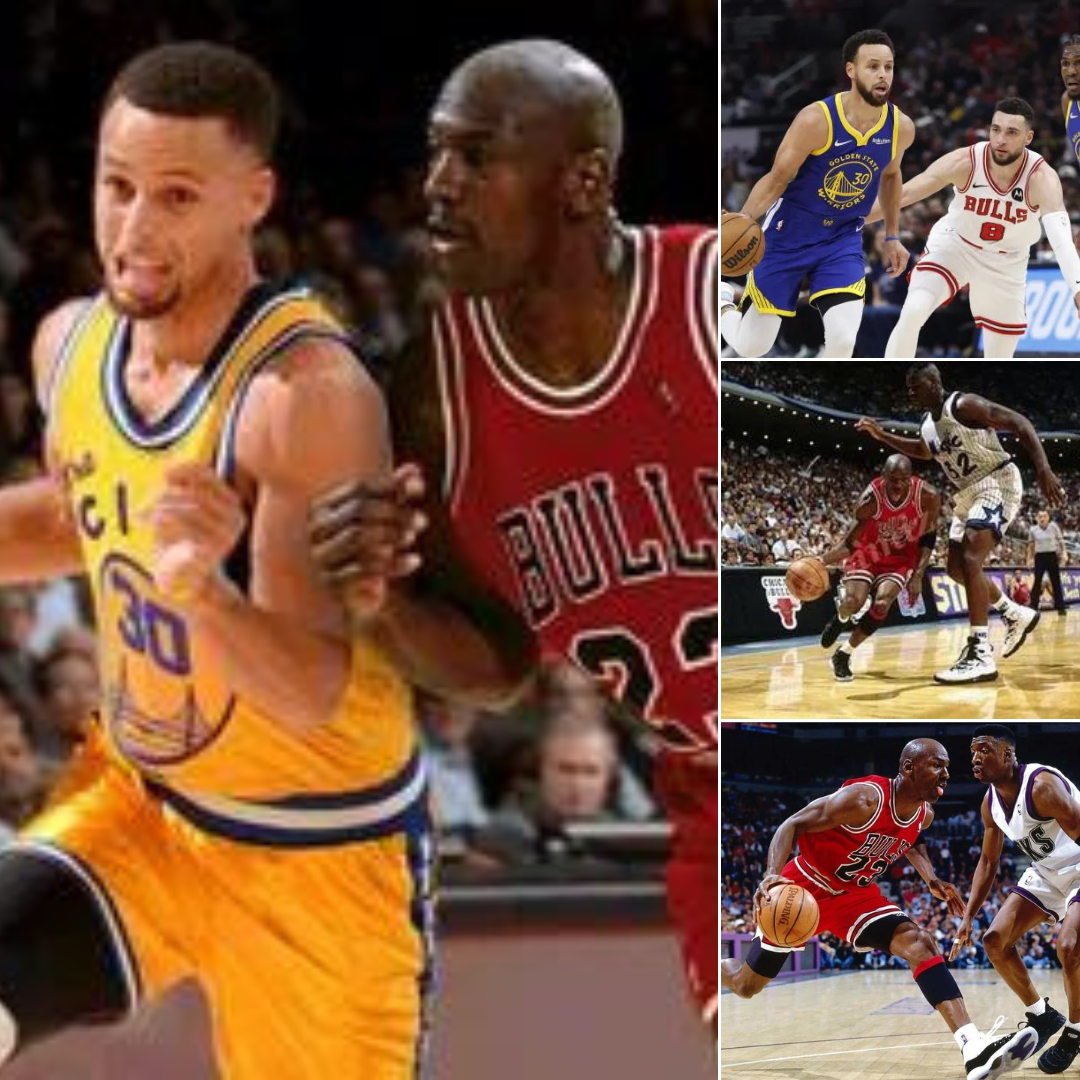If there is a sweet science to sports movies, it’s simplicity. Formula isn’t just a selling point, it’s what we came for: Give us long odds and underdogs, adversity and triumph; let the details sweat the rest.
:max_bytes(150000):strip_icc()/Creed-3-101822_1-0653069062b44fad970fdb0e6821894c.jpg)
Even Rocky, it turns out, can transcend its own Balboa: Nine films in, Creed III, in theaters March 3, is the first not to feature Sylvester Stallone in any role (the actor has been vocal about his reasons for cutting ties with the franchise). Instead, the movie now belongs on both sides of the camera to Michael B. Jordan, the alternately tender and ferocious actor who returns as boxing’s prodigal son Adonis Creed, and also makes his feature directing debut.
That may be, to abuse a sporty metaphor, a few too many balls for one man to keep in the air, and Creed III suffers from a certain lack of heft and specificity in its storytelling structure, a sense that the original bare-knuckle magic is not all there. But it’s also often better than the blunt-force melodrama of the last film, which suffered similarly when original Creed director Ryan Coogler departed for his duties on Black Panther and was replaced by the little-known Steven Caple Jr.
Coogler, with his taut auteur dazzle, made something surprisingly fresh and galvanizing out of an age-old story. Jordan’s approach here is broader and essentially blood-simple, though still kinetic in its own way: His Donnie is an old champ now, a happily settled family man going out on top in his mid-thirties with his record intact. He still lives in a whitewashed modernist villa overlooking Los Angeles with his singer-songwriter wife Bianca (Tessa Thompson) and their young deaf daughter (Mila Davis-Kent), with whom he sweetly banters in ASL; his late father’s widow, Mary Anne (Phylicia Rashad), drops by regularly for Merlot and moral support.
:max_bytes(150000):strip_icc():format(webp)/Creed-3-101822_1-0653069062b44fad970fdb0e6821894c.jpg) Michael B. Jordan and Jonathan Majors in ‘Creed III’. ELI ADE/MGM
Michael B. Jordan and Jonathan Majors in ‘Creed III’. ELI ADE/MGM
It’s a wonderful life, in other words — the many amenities of which are not missed by Damian “Dame” Anderson (Jonathan Majors), his friend from foster care long ago. Dame and Donnie were once roommates in a group home and as close as brothers, but only Dame paid the price after an altercation at a gas station turned suddenly violent years ago. Now nearly two decades later, he’s out of prison and ready to reclaim his time, and his lost junior title, in the ring.

And so, in the siren song of so many second sequels come before, just when Adonis thought he was out, they pull him back in. Can he get into fighting shape again and beat his old friend, now his greatest enemy? Should he? Adonis wears snow-white satin to their climactic face-off, and Dame is in all black, a clarity of messaging which generally suffuses the rest of the movie; shades of gray do not apply. The screenplay, by Zach Baylin (King Richard) and Ryan’s brother Keenan Coogler, hits most of its narrative notes with a straight uppercut, and Jordan and Majors stomp and fume like raging bulls, consumed by their singular purpose.

That largely leaves supporting characters like Thompson’s gentle bohemian songstress and Wood Harris, as a harried trainer, to circle these two stars like lesser satellites, trying as best as they can to contain the twinned supernovas at the center (which is to say, not much at all). Majors, already seemingly inescapable this year, brings a wounded menace that suggests the many sedimentary layers of fury and grief underneath; he’s less some sneering Iron Curtain meathead á la Rocky villains of yore than a lost soul. It’s still Creed’s name that’s on the movie poster, though, and his championship belt to claim. Would we have it any other way? Grade: B





